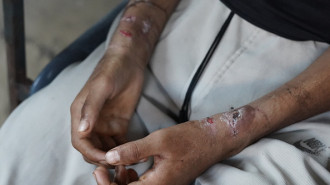New report reveals hate crimes against Muslims intensifying across UK
A new report published by the think-tank Runnymede Trust has revealed a sharp increase in hate crimes against Muslims and explicit rhetoric portraying Muslims as a threat to British society.
The report also looked at the racist riots that took place across the UK this summer, stating that there is strong anti-Muslim sentiment across Britain.
"The way politicians talk about Muslims now is so derogatory, it’s in the most brutally divisive terms," Shabna Begum, the chief executive of the Runnymede Trust, said earlier this year.
According to Begum, unless nothing changes in political rhetoric and UK policy, the riots which swept across the UK after an attacker who stabbed three children to death was mistaken for a Muslim immigrant, will happen again.
She also said that there was a "real reluctance to use the term Islamophobia during that period because no one wants to be seen to defend Muslims" and that "politicians are engaging in a popularity contest and that popularity contest is measured by how far they are willing to bully and demonise Muslims".
Over the last year, 38 percent of all religious hate crimes recorded by police were against Muslims, marking a 13 percent increase in hate crimes against Muslims.
The report is backed by Baroness Sayeeda Warsi, rights group Amnesty International and the Muslim Council for Britain.
The report found that one in three Muslims students experience Islamophobic abuse and in the NHS Muslims are referred to Prevent eight times more often than non-Muslims.
"For far too long, Muslims have been misrepresented and mistrusted, and the government’s disengagement with Muslim civil society only serves to intensify the isolation of British Muslims," Baroness Warsi said.
The report is based on information which maps the intensifying patterns of Islamophobia in British society, such as within educational institutions, mental healthcare, and policing. It also looks at what happened during the May 2024 election campaign.
"We need committed action to counter Islamophobia and to deal with the resurgence of far-right racism in Britain. That means ending the policy of disengagement, adopting a formal definition of Islamophobia and dealing with its various manifestations as described in this report," Warsi added.
Another finding in the report is that in the four months to February 2024, Tell Mama, an organisation which measures anti-Muslim attacks, recorded a 335 percent increase in hate attacks against Muslims compared with the previous year. The report noted that most of these attacks were against women.
It further states that Muslims are more likely to reside in the most-deprived fifth of local authority districts, with around half a million more Muslims now living in the most deprived locales than in 2011.
War on Gaza
According to the report, Israel’s war on Gaza may be linked to the spike in religious hate crimes.
Begum said that often, hate against Muslims is “state-sponsored” which can cause significant and long-lasting harm to individuals and communities.
She also explained that there is a double standard for Muslims, who are accused of not integrating in public life, but also vilified if they do.
"When we go on protest marches, along with many other people, we are described as hate marchers and Islamist extremists. And when we use our vote to express our political preferences, we’re described as sectarian and divisive" she explained.
Zara Mohammed, the secretary-general of the Muslim Council for Britain, praised the report and said there must now be a "robust strategy to tackle the deeply institutional and insidious nature of Islamophobia".
"We need to move beyond the prevailing framework of securitisation and misleading narratives around integration. I commend the Runnymede Trust for providing this critical insight and urging the need for meaningful action" she continued.
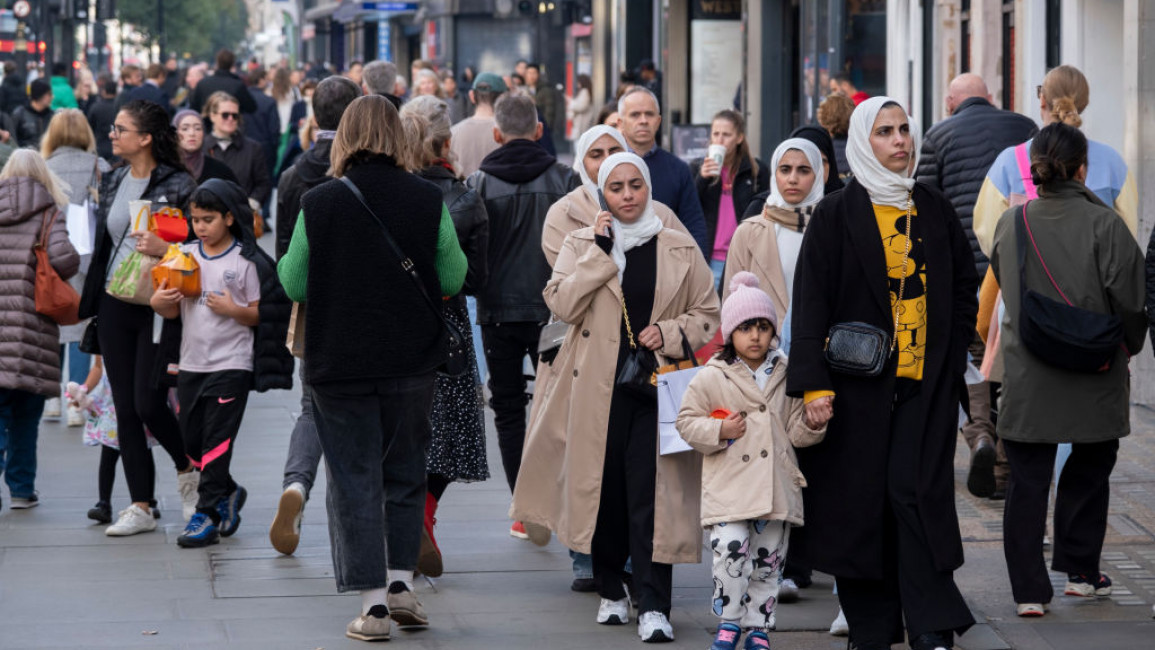
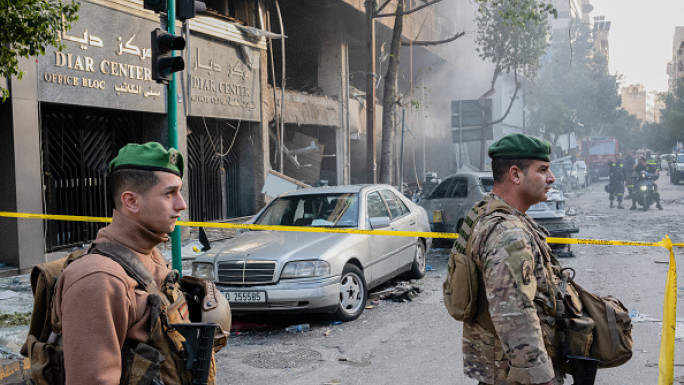
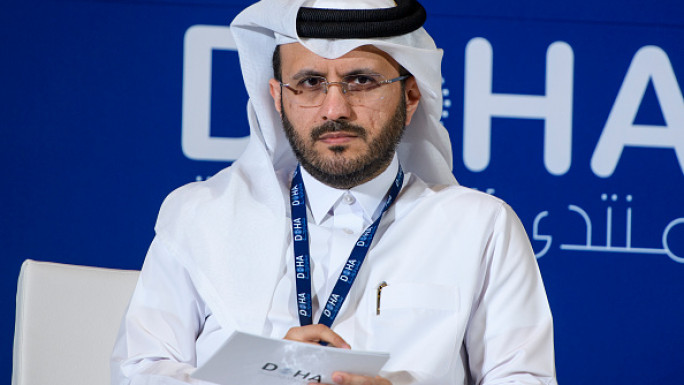
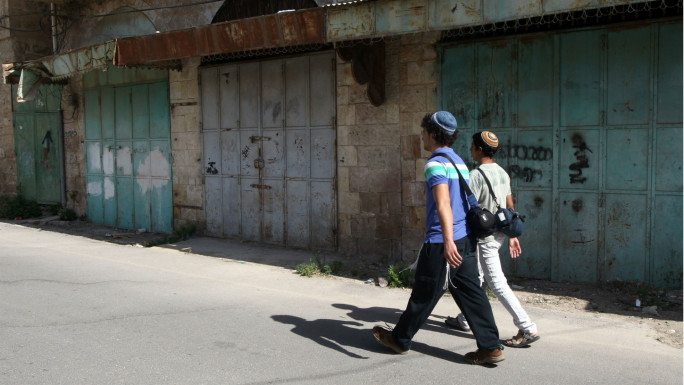
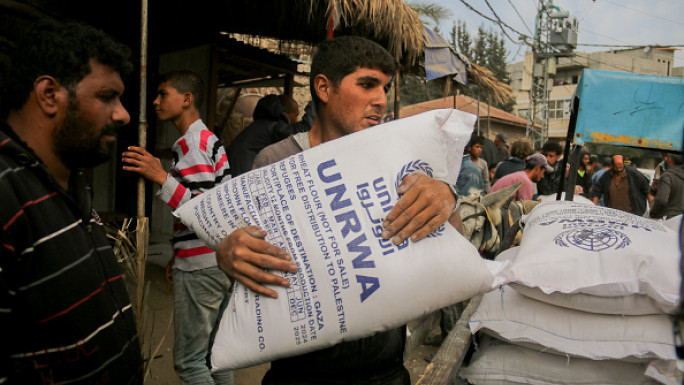
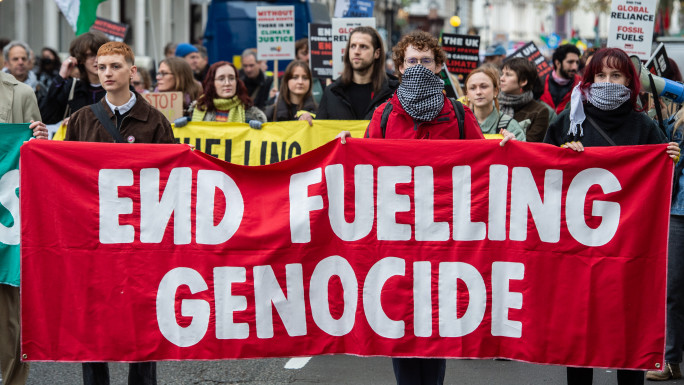
 Follow the Middle East's top stories in English at The New Arab on Google News
Follow the Middle East's top stories in English at The New Arab on Google News
![Netanyahu reportedly refused any mediation role for Turkey [Getty]](/sites/default/files/styles/image_330x185/public/2024-11/GettyImages-2174140193.jpg?h=199d8c1f&itok=Be0gMmGp)
